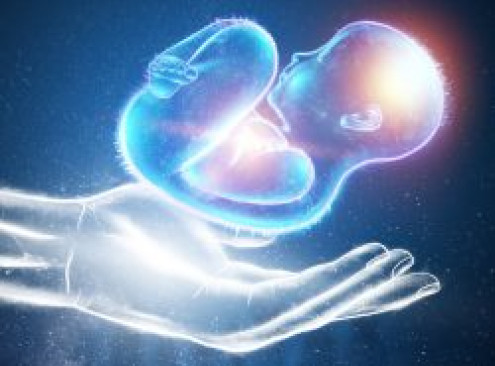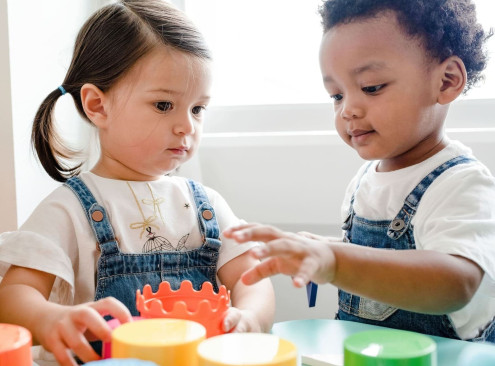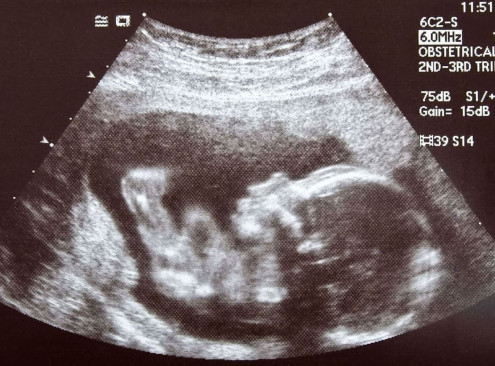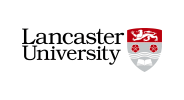© Pint of Science, 2024. All rights reserved.
The developmental journey of a foetus from pregnancy to early childhood is an incredible story. Even before birth, babies show signs of memory, reacting to sounds and sensations in the womb. Infants build on this foundation, forming sensory memories and gradually expanding their ability to remember both the short and long-term.
Throughout this journey, parental guidance remains crucial, but modern medical advances are prompting a rethink of traditional parenting roles. Join us as we delve into the wonders of early life and the evolving landscape of parenthood in today's world.
Throughout this journey, parental guidance remains crucial, but modern medical advances are prompting a rethink of traditional parenting roles. Join us as we delve into the wonders of early life and the evolving landscape of parenthood in today's world.
How might artificial womb technology change notions of parenthood?
Dr Nicola Williams
(Lecturer in the Ethics of Human Reproduction)
Professor Sara Fovargue
(Professor of Law)
Health innovations that have taken place over the past few decades, such as IVF, donor eggs and sperm, womb transplants, surrogacy and egg freezing, mean that there’s now more choice than ever before over whether, when and how to reproduce.
Yet, despite these advances, one aspect of reproduction has remained constant: the need to gestate (grow) fetuses in the womb. But what would happen to our notions of parenthood if technology made it possible to grow a fetus outside the human body?
This talk will explore this important question by outlining the current scientific developments in artificial womb technology and considering the ways in which advances in this technology might change our understanding of what it means to be a parent.
Yet, despite these advances, one aspect of reproduction has remained constant: the need to gestate (grow) fetuses in the womb. But what would happen to our notions of parenthood if technology made it possible to grow a fetus outside the human body?
This talk will explore this important question by outlining the current scientific developments in artificial womb technology and considering the ways in which advances in this technology might change our understanding of what it means to be a parent.

Children's memory and their learning
Dr Katie Allen
(Senior Research Associate)
Imagine you're tasked with solving a maths question that has multiple steps or following a series of instructions. We rely on a particular type of memory called working memory to do things like that. Working memory acts as our mental workspace. We use working memory all of the time in our everyday life, but it is particularly important for learning. We estimate that around 10% of children have poor working memory and we have seen many times that poor working memory is linked to poorer educational outcomes. This talk will explore what working memory is and what we know about how children use working memory in their learning.

Exploring the social world of babies in the womb
Saniye Betul Teksin
(PhD Student)
Years ago, it was thought that foetuses developed in a dark and isolated environment. However, we now know that the uterus is rich in stimuli from the external world. They can exhibit preferences toward certain sounds, such as their mother’s voice, and they prefer stimuli that resemble faces. Furthermore, what they hear, see, and feel before birth can influence their initial preferences and shape their abilities after birth. For example, they can remember and prefer the stories and sounds they heard in the womb. With this talk, let’s take a trip to the baby’s world in the womb.

Map data © OpenStreetMap contributors.
